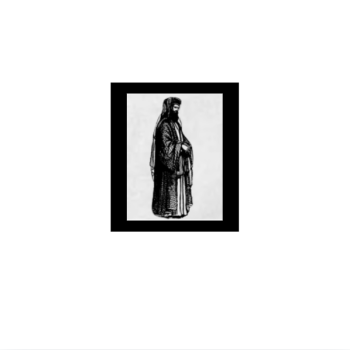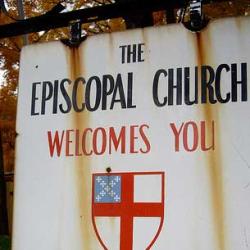Both Isaiah and Luke then move to the heart of what the unnamed prophet and Jesus have come most centrally to do, namely to "preach the year of YHWH's favor" (Is. 61:2a). This is quite directly a reference to the great year of Jubilee as described in Leviticus 25 and Deuteronomy 15, as mentioned above. The year of Jubilee is nothing less than YHWH's demand that wealth not be concentrated in the hands of a few to the detriment of the many. So, every seven years there will be a "sabbatical" for the land, where the soil will be rested from the work of agriculture, and during which time only the produce from the previous years may be harvested and eaten (Lev. 25:1-7). This notion of rest is then extended to the Jubilee Year that occurs every fifty years. In this year land returns to its original owner, and no one may make vast sums on the selling and repurchase of the land. No interest may be charged, and Leviticus details minutely that the provisions of Jubilee are such that the poor are protected from extended poverty and the rich are protected from excessive greed (Lev. 25:8-55).
In Isaiah, there is another phrase not quoted in the sermon of Jesus: the NRSV reads it "and the day of vengeance of our God" (Is. 61:2a). This line follows directly after the announcement of the day of jubilee. I find this translation very unfortunate and finally misleading. Hebrew naqam may mean something like revenge or vengeance, but here it rather, I think, refers to YHWH's zeal in action. YHWH will surely act with zealous focus to bring about the jubilee; I do not think YHWH is being described here as a vengeful God.
Both the unnamed prophet and the adult Jesus preach the year of Jubilee. The effect of the sermon? Well, Isaiah paints a portrait of a rebuilt city wherein all mourners are comforted and where YHWH showers the people with the "oil of gladness" and the "mantel of praise" (Is. 61:3). The reactions to Jesus' sermon are quite different! After an initial acceptance and perhaps some polite applause at the "local boy made good," the congregation erupts in fury when the preacher reminds them "no prophet is ever welcome in his home town," and the people try to hurl him off the nearest cliff. One wonders whether Isaiah's prophet might eventually receive similar treatment.
By quoting Isaiah 61 Luke reminds his hearers and readers that the sweet little Jesus boy is no one to be trifled with or romanticized. He is a tough and demanding prophet in the style of old Isaiah's prophet who is to call his people to return to the ways of their God. Here in the third Sunday of Advent, when too many of our hearts turn to the lovely sanctuary crèche, to the delightful sounds of the children's chorus, to the garlanded and poinsettia filled altar, all of us need to hear again what this baby will become, namely a prophet to be reckoned with, a man sent from God to bring the world back to the divine call to do justice, to love chesed, and to walk steadfastly with your God.





